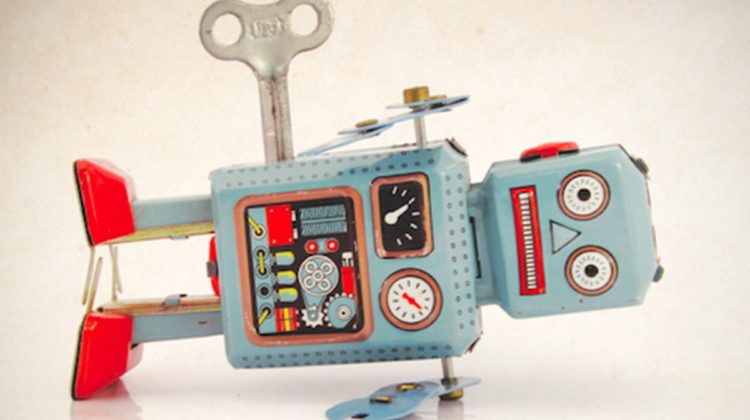
Meredith Broussard works as a data journalist and associate professor at the Arthur L. Carter Journalism Institute of New York University. In her latest book Artificial Unintelligence: How Computers Misunderstand the World, she begins by explaining how she originally planned to go into STEM until she switched her major, and her first job after college was in computer science. She later quit to follow a career in journalism, which led to her current work in computational journalism. Computational journalism, also known as algorithmic accountability reporting, focuses on analyzing algorithms for the procedures which determine decision making and raises red flags at poorly conducted code. Broussard wrote Artificial Unintelligence to help readers understand how computers work so they don’t feel the need to shy away when technology seems to fail them. She seems to want to inform readers on the bounds of technology and alert them of areas where it is not needed. Technochavinism is the idea that technology can be the solution to everything. Broussard disagrees with this concept and believes that there is a time and place for certain technology in our lives. While technology can be helpful, she believes there is such a thing of relying too much on computers for day-to-day things. She thinks that the prominence of computers in our society has led to a lot of poorly designed technology. In some cases, she points out, it can make simple everyday aspects of life more complicated.
Broussard’s stance connects to our discussions on technology through the concept of technology being ingrained in multiple fields of work. Instead of technology being just a part of a computer scientist’s job, we talked in our breakout group about how it is helpful and used in many different fields. Her stance on technology being unnecessary in some instances reminded me of topics in DS 202. We studied how Giorgia Lupi’s humanist approach to data deepened the meaning of the data. While computers can generate graphs and charts, it does not necessarily mean that is the best way to display data. Broussard uses critical thinking in her work and approaches technological issues through a different lens. She is thoughtful in her work on computers and their role in the world. This relates to the digital studies minor in that her work encourages people to think critically alongside her about the world’s relationship with technology.
